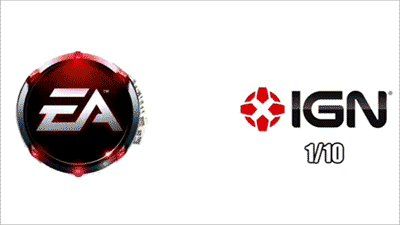Aquamarine
Member
I am not trying to strike up controversy, but why allow review threads then where all that is posted is a score and small blurb? Seems like we are perpetuating the problem.
I think it definitely results in situations where a lot of people don't click on the review and just react to the score. It's not really that much of a problem here because the reasonable people will actually read the goddamn review, but ideally, it would be nice to have a be a policy in place where you just post a link to the review to promote actually reading it.
Like this:
IGN Dark Souls 2 Review
GameSpot Dark Souls 2 Review
Instead of this:


